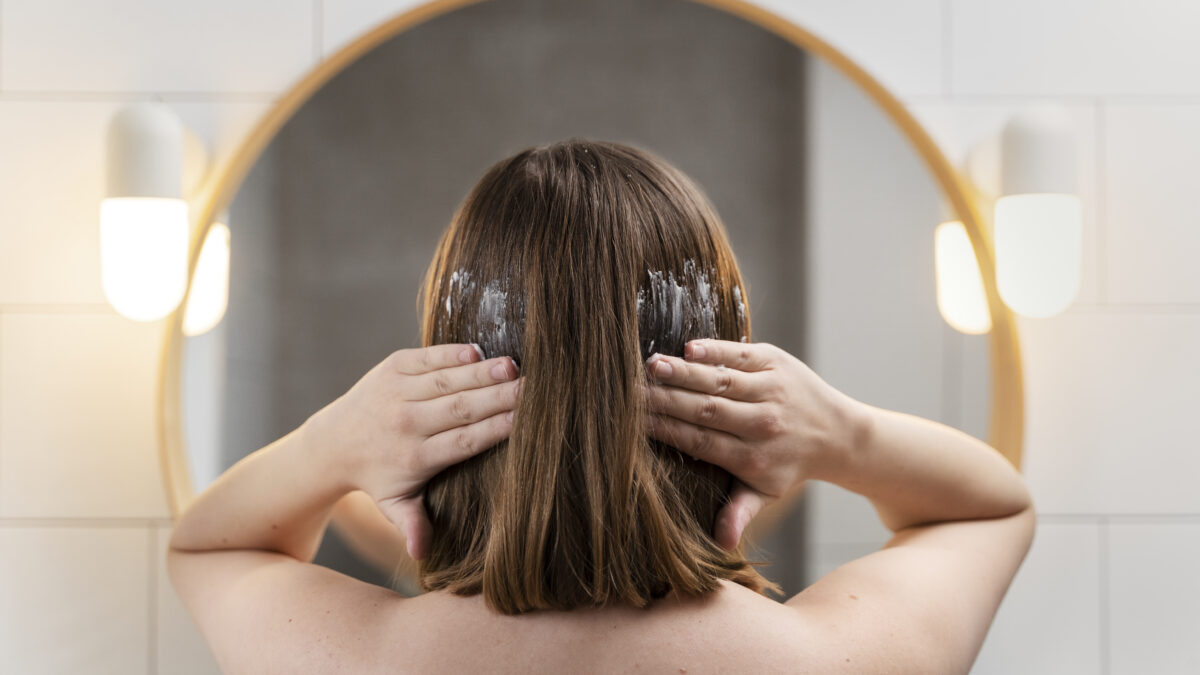Introduction
In today’s fast-paced world, stress is a common ailment affecting many aspects of health, including hair health. The question of whether stress can cause baldness is one that resonates with many. This article delves into the scientific connection between stress and hair loss, exploring how significant emotional or physical stress can indeed lead to baldness. We’ll examine the mechanisms behind stress-induced hair loss and offer insights into managing this condition.
Understanding Hair Loss: Types and Causes
Hair loss, medically known as alopecia, can manifest in various forms, each with different causes and patterns. The most common types include androgenetic alopecia (genetic hair loss), alopecia areata (autoimmune hair loss), telogen effluvium (stress-related hair loss), and traction alopecia (due to physical pulling on the hair). Among these, telogen effluvium is most directly associated with stress. It occurs when an increased number of hairs enter the resting phase at the same time, leading to noticeable shedding and thinning.
The Role of Hair Oils in Managing Stress-Induced Hair Loss
Hair oils can play a beneficial role in the management of stress-induced hair loss. Natural oils such as coconut, argan, and jojoba oil are renowned for their ability to nourish the scalp and strengthen hair follicles. Regular application of these oils can improve blood circulation to the scalp, promote hair growth, and provide essential nutrients to hair roots. Moreover, the process of massaging oil into the scalp can be incredibly relaxing and serve as a stress-relieving activity itself. While oils may not directly reverse hair loss, their supportive role in maintaining scalp health and reducing hair breakage is vital in an overall hair care regimen.
The Impact of Stress on Hair
The Biological Connection
Stress, whether psychological or physical, can impact the body in myriad ways, one of which is through the disruption of the hair growth cycle. When stressed, the body releases a cascade of hormones, including cortisol, which has been shown to affect the health and lifecycle of hair follicles. Chronic stress can push hair follicles into the “telogen” phase prematurely, where hair ceases to grow and eventually falls out.
Psychological and Physical Stressors
It’s important to differentiate between the types of stress that can lead to hair loss. Psychological stress from events like divorce, job loss, or grief, and physical stress from surgery, illness, or rapid weight loss, can all trigger hair loss. Understanding these triggers is crucial in addressing the root cause and preventing further hair loss.
Managing Stress-Induced Hair Loss
Medical Interventions
For those experiencing significant hair loss, consulting with a dermatologist or trichologist is essential. Medical treatments such as minoxidil (Rogaine) or finasteride (Propecia) might be recommended for certain types of hair loss. Additionally, treatments like corticosteroid injections can help in cases of alopecia areata.
Lifestyle Adjustments
Implementing lifestyle changes to manage stress is equally important. Regular exercise, a balanced diet, adequate sleep, and mindfulness practices like yoga or meditation can significantly reduce stress levels. Moreover, avoiding harsh hair treatments and styles that pull on the hair can prevent additional hair damage.
Conclusion
While stress is a normal part of life, excessive stress can lead to conditions like telogen effluvium, contributing to hair loss and potentially leading to baldness. By understanding the types of stress that affect hair health and adopting strategies to mitigate these effects, individuals can better manage stress and its impact on hair loss. Seeking professional help and making lifestyle changes are vital steps in this journey towards healthier hair and a healthier life.


